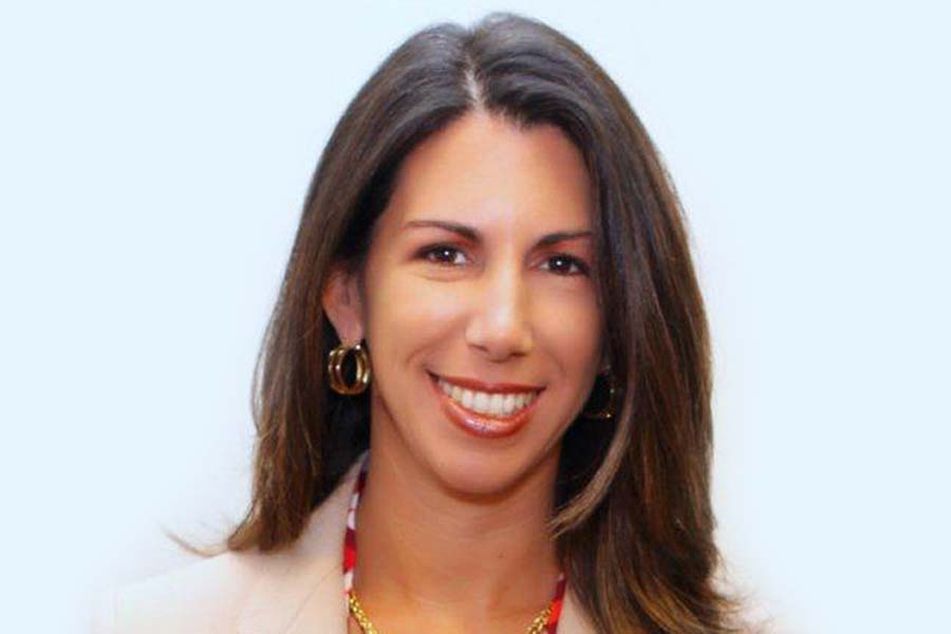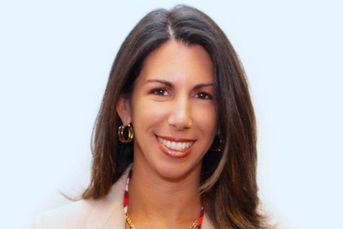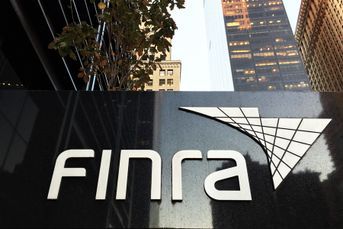Using music to share financial literacy with young students

Personal finance not discussed enough around the dinner table or in the classroom.
For Laura Steckler, managing director at Steckler Wealth Management Group for Raymond James, financial literacy and multigenerational planning are the cornerstones of her practice. Ms. Steckler, whose clients include more than 300 households, has spoken to dozens of clients and their children about the importance of making smart decisions around money.
“The parents are grateful that they have an objective third party to talk to their kids,” she said.
However, it wasn’t until she learned about Funding the Future, a nonprofit that teaches financial literacy to young people through concerts, in 2014, that she and a couple of other Raymond James advisers decided to reach a broader audience. She decided to bring Funding the Future’s concerts to Miami, Fla., where she is based and where she has a partnership with the public schools in Miami-Dade County.
195 lessons
In 2015, she and another Raymond James colleague, Sacha Millstone, personally provided a two-year grant of $25,000 to the school system’s Department of Social Sciences to create 195 financial literacy lessons for students K-12. The initiative creates age-appropriate lessons for multiple grade levels, teaching students how to establish and maintain credit scores, choose credit cards, save income for retirement, and avoid payday lenders.
“It’s something we grassroots built for teachers and students,” she said.
Only 17 states in the U.S., including Florida, mandate courses in personal finance for high school students, according to a 2018 survey by the Council for Economic Education. Of those states, only Alabama, Missouri, Tennessee, Utah and Virginia require stand-alone courses.
Personal finance is a topic Ms. Steckler says is not being discussed enough around the dinner table or in the classroom. She wants students to live within their budgets, save, and seek out expert counsel for different financial decisions.
“Having a plan is critical,” she said.
For Ms. Steckler, financial literacy was a hard-won personal lesson.
Her single mother, who struggled with mental illness, was not always employed, so by age 14, Ms. Steckler was already contributing to the household bills every month. She started working the cash register in a Brooklyn diner for $4 an hour. She followed this up with stints at a butcher and a bagel shop before she started tutoring math and science for $20 an hour.
“At a relatively young age, I understood that I needed to save money. After making a couple poor decisions in my late teens and college, I realized how important a financial education is,” Ms. Steckler said.
“And I can make a difference in small or big way in my role as financial planner,” she said.
— Sarah Min, former InvestmentNews intern
Learn more about reprints and licensing for this article.








